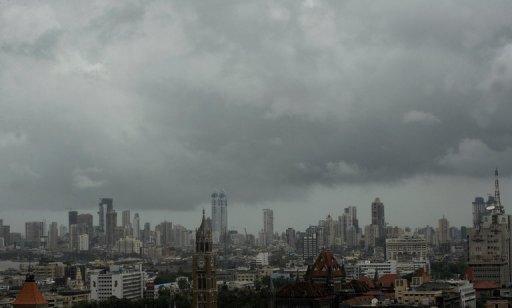The results of an ET-Janaagraha survey assessing India’s top 11 cities against two global metropolises are disheartening. These cities scored in the range of 0.7 to 4.5 across four categories on a scale of 0 to 10 against New York and London, which scored between 8.1 and 9.9. The comparisons included how cities are planned, their capacity to raise resources, empowerment of political representatives and people’s participation.
A missing component that can be incorporated in future surveys is how efficient cities are in energy use, given that they need to lower energy consumption in transport, water supply and waste management. Rightly, the survey offers prescriptions to reform governance. It says cities should set up metropolitan planning committees (MPC) to prepare a draft plan for the area.
The Constitution does mandate MPCs and lists out their functions. There is no excuse for non-compliance. Kolkata’s MPC and its sectoral and executive panels are examples for other cities. Greater financial autonomy for municipal entities, too, makes eminent sense. They should be able to raise debt and access new forms of financing through public-private partnership. It is also imperative to revive and develop a flourishing municipal bond market to finance and create new cities.
A robust institutional framework to levy and collect user charges by municipal bodies would help, provided more services are brought under pricing. The survey found mayors and city councils weak. They must be empowered to bring about change in civic affairs. The larger point is that the pace of urbanisation will surge as the economy grows. So, urban renewal and development should be top-of-the-mind issues for policymakers now, before it becomes too late.



Leave a reply